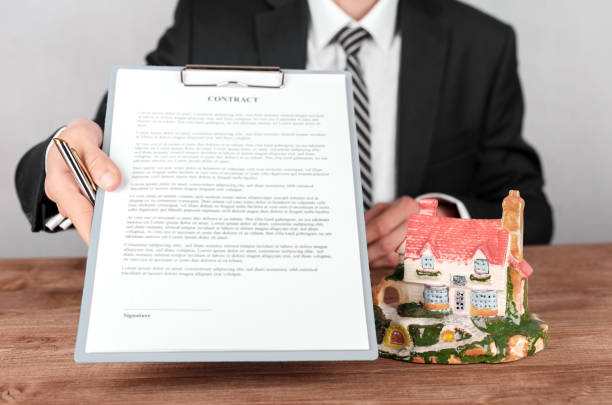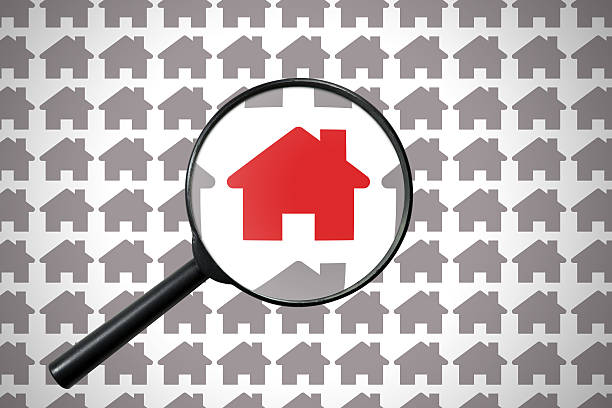 Preparing to sell your home involves more than just staging and marketing. One crucial aspect that sellers must address is providing accurate and transparent information about the property to potential buyers.
Preparing to sell your home involves more than just staging and marketing. One crucial aspect that sellers must address is providing accurate and transparent information about the property to potential buyers.
In this guide, we’ll explore the seller’s disclosure requirements and what you need to know before listing your home to ensure a smooth and legally compliant sales process.
Understanding Seller’s Disclosure:

Seller’s disclosure is a legal document that requires sellers to disclose any known defects, issues, or hazards related to the property.
The purpose of seller’s disclosure is to provide transparency to potential buyers and protect them from purchasing a property with undisclosed problems.
Required Disclosures:
Sellers are typically required to disclose information about the property’s structural integrity, safety hazards, environmental concerns, past renovations or repairs, and any known issues with systems or appliances.
Specific disclosure requirements vary by state and locality, so it’s essential to familiarize yourself with the laws and regulations in your area.
Types of Disclosures:
Physical Condition: This includes information about the property’s structural components, roofing, foundation, plumbing, electrical systems, and any existing damage or issues.
Environmental Hazards: Sellers must disclose any known environmental hazards such as lead-based paint, asbestos, radon, or mold.
Legal and Financial: Disclosures related to zoning restrictions, easements, property line disputes, HOA regulations, and past insurance claims or liens should also be provided.
Completing the Disclosure Form:

Take your time to complete the seller’s disclosure form accurately and thoroughly.
Be honest and transparent about any known issues or concerns, as failure to disclose could lead to legal liabilities down the line.
Consulting with Professionals:
Consider consulting with a real estate agent, attorney, or home inspector to ensure you understand your disclosure obligations and address any potential red flags.
These professionals can help you navigate the disclosure process and provide valuable insights into what information should be disclosed.
Potential Implications:
Failing to disclose material defects or issues could result in legal action from the buyer after the sale has closed.
Disclosing known issues upfront can help build trust with potential buyers and streamline the negotiation and closing process.
 Seller’s disclosure is a critical aspect of the home selling process that requires careful attention and diligence. By understanding your disclosure obligations, completing the disclosure form accurately, and seeking guidance from professionals when needed, you can ensure a transparent and legally compliant home sale process while protecting yourself from future legal disputes.
Seller’s disclosure is a critical aspect of the home selling process that requires careful attention and diligence. By understanding your disclosure obligations, completing the disclosure form accurately, and seeking guidance from professionals when needed, you can ensure a transparent and legally compliant home sale process while protecting yourself from future legal disputes.







